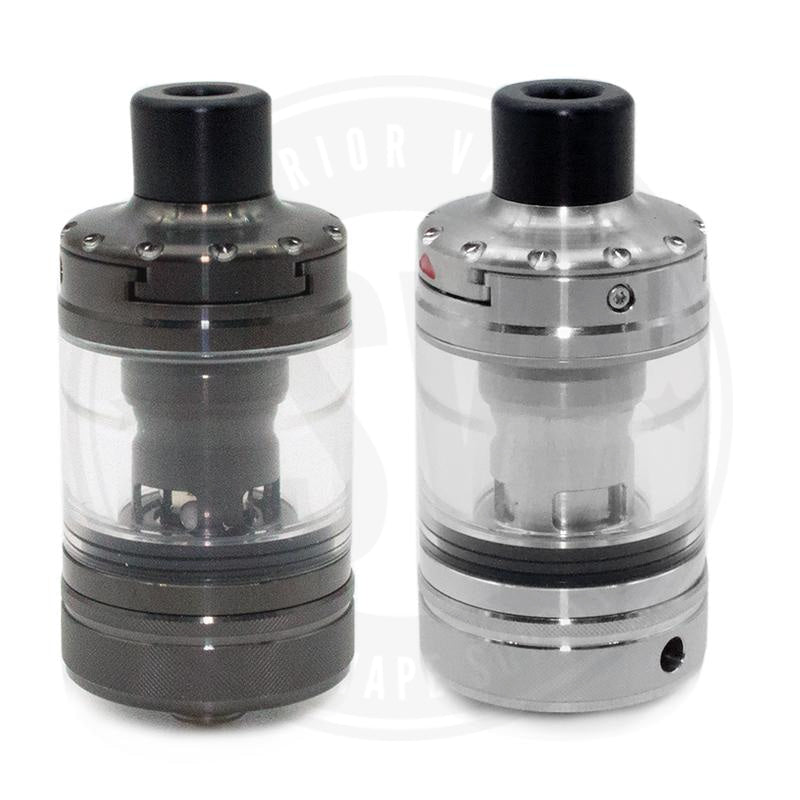The last major Public Health England (PHE) report on e-cigarettes was published over a year ago. In this report, the government agency presented plenty of research that pushed them to support the use of e-cigarettes as an alternative to tobacco smoking as a matter of public policy.
PHE has already released a 2019 update regarding more evidence to continue their advocacy for e-cigarette use. With this in mind, it is still worth going over the 2018 report’s more comprehensive view on e-cigarette safety and regulation. We will focus on the key findings and policy updates in this article for your convenience.
Health Facts on E-cigarette Use
According to Professor John Newton, the Director for Health Improvement of Public Health England, “Vaping is a fraction of the risk of smoking, at least 95% less harmful, and of negligible risk to bystanders.”
This claim has been maintained by PHE later on at the end of 2018. It is certainly encouraging to have official recognition backed by scientific evidence on the safety of our products.
On the lethality of tobacco smoke, Professor Ann McNeill, lead author and Professor of Tobacco Addiction at King’s College London, had this to say: “When people smoke tobacco cigarettes, they inhale a lethal mix of 7,000 smoke constituents, 70 of which are known to cause cancer.”
This, unfortunately, comes with the sobering data that says less than 10% of adults understand that the biggest health risks of smoking are brought on by nicotine. It is concerning that over a quarter of smokers also think that vaping is as harmful as smoking.
On the bright side, the report does state that the use of e-cigarettes plays an important role in the increase of smokers successfully quitting smoking across the country, with as much as 20,000 successful new quits and more per year possibly being attributed to vaping.
Points on Policy
Now that we have gone over the general health claims in the report, let us take a closer look at the policy changes and legal ramifications that come with the findings:
- Support for e-cigarette as a tool to quit smoking
One of the primary statements to come out of the PHE 2018 report was the agency’s backing of e-cigarette use for smokers who want to quit.
The statement reads:
“Anyone who has struggled to quit should try switching to an e-cigarette and get professional help. The greatest quit success is among those who combine using an e-cigarette with support from a local stop smoking service.”
- New training course for healthcare professionals
PHE also mentioned a new training course from the National Centre for Smoking Cessation and Training. This free online course is designed for healthcare professionals who want to help smokers quit the habit via e-cigarettes. Its goal is to teach professionals how to provide the proper behavioural support to smokers. It is now live and can be accessed in this link.
- Licensing e-cigarettes for medicinal use
The report goes on to implore the Medicines and Healthcare products Regulatory Agency (MHRA) to “continue their work in regulating and licensing e-cigarette products and support manufacturers to expedite the licensing of e-cigarettes as medicinal quit aids.”
As of this article’s writing, there has yet to be a medicinally licensed e-cigarette.
This call for licensing falls in line with the general directive of the European Union Tobacco Products Directive by way of the UK Tobacco and Related Products Regulations 2016.
The UK Tobacco and Related Products Regulations 2016 demands:
“...a notification process to the MHRA, minimum standards for safety and quality of e-cigarette products, standards for information provision (including a nicotine health warning) and advertising restrictions and updated standards.”
The PHE 2018 report states that “over 32,000 e-cigarette and nicotine-containing e-liquid products have been notified.”This suggests more industry-wide compliance, and your company should undergo the process if it has not already done so.
For non-nicotine e-cigarettes, general product safety regulations apply.
- Advertising ban lifted
The Advertising Standards Authority (ASA), meanwhile, has since lifted their blanket ban on health claims for e-cigarettes.
Through the Committee of Advertising Practice (CAP) and the Broadcast Committee of Advertising Practice (BCAP), they have made it so health claims can be made for e-cigarettes through non-broadcast advertising, with the heavy caveat that extensive evidence specific to the product being advertised is required to make such claims.
- Vaping in public areas and in hospitals
The use of e-cigarettes in public spaces continues to be restricted. However, PHE’s support for its use coincides with many UK hospitals allowing e-cigarettes in some areas where tobacco smoking is prohibited.
PHE then urges the sale of e-cigarettes in hospital shops as an alternative to nicotine replacement therapies.
The Tobacco Control Plan for England, published in 2017, reinforces this with its commitment to “maximise the availability of safer alternatives to smoking.” With PHE’s call for e-cigarettes to be made available to National Health Service (NHS) patients, e-cigarette companies have an obligation to answer this need.
- Proper labelling
The PHE 2018 report also touches on proper labelling that advises the safe storage and transportation of e-liquids and batteries to avoid poisoning, fires, and explosions.
- More research needed
The executive summary closes with the desire to investigate e-cigarette use in the community to help quit smoking, long-term research on the effects of vaping on cardiovascular health, and more studies into the potential risks of the lesser known chemical ingredients in e-cigarettes,
Ultimately, PHE’s goal is to have people stop smoking completely, including those who smoke tobacco and use e-cigarettes.
Vaping in 2019 and beyond
PHE’s 2019 evidence update marks a few important developments.
The House of Commons Science and Technology Committee published a report that concludes with calls for changes in regulations, advertising, and taxations on e-cigarettes that should be proportional to their health risks. In response, the Government has accepted the recommendations, committing to do more research and enacting a proportional regulation system.
The 2019 PHE update mentions the NHS Long Term Plan for England’s drive to promote e-cigarette use in inpatient settings for smokers who use mental health and learning disability services and want to quit smoking.
The report also mentions the ASA’s lift of their blanket ban on e-cigarette health claims, as we have stated earlier.
PHE will continue to release yearly reports until the end of Parliament in 2022, and Superior Vapour will be sure to stay on top of the legislative implications of all the major vaping news.




















